Western Perspectives of Mahathir’s Anti-West Policy Positions 1981-2003 delves into the complex and often strained relationship between Malaysia and the West during the long tenure of Prime Minister Mahathir Mohamad (1981-2003). It examines the Western world’s reactions to Mahathir’s foreign policies, which were frequently perceived as anti-West, and offers a critical analysis of the biases and agendas that shaped these perceptions. For decades following Malaysian independence in 1957, relations with Western nations were generally smooth. However, Mahathir’s rise to power marked a turning point. His policies, including the ‘Buy British Last’ campaign, the ‘Look East’ policy, criticisms of the West and Zionism, the proposal for the East Asia Economic Group (EAEG) as an alternative to APEC, the promotion of Asian values, and his skepticism towards globalization, all contributed to a growing tension. These actions, often labeled ‘anti-West’, elicited strong reactions, particularly from the United States, the leading power of the Western world. These reactions, amplified by influential media outlets like The New York Times, significantly shaped public opinion and understanding of the relationship.
This book offers a unique and multifaceted examination of this critical period in Malaysian history. Rather than simply presenting a chronological account of events, the book explores the dynamics of perception and misperception, offering insights into how ‘we’ perceive ‘others’ and how ‘others’ perceive ‘us’. It goes beyond simply cataloging the tensions between Malaysia and the West; it analyzes the underlying assumptions, biases, and power dynamics that fueled them. The book brings together experts from diverse fields, each offering a unique lens through which to examine this complex relationship. A specialist in Malaysian studies provides crucial socio-political-economic context for Mahathir’s policies. Historians contribute their expertise to narratives exploring the historical roots of the tensions. An economist analyzes Western reactions to Mahathir’s economic proposals. And finally, a discourse analysis of Western press reports reveals hidden biases and agendas that shaped Western understanding of Mahathir and his policies.
While acknowledging the diversity of opinions within Malaysia itself, the book strives to articulate a collective Malaysian perspective on these events. It recognizes that there is no single, monolithic view, but through the various contributions, a broader understanding of the Malaysian experience emerges. This book provides valuable insights for scholars, students, policymakers, and anyone interested in understanding the historical forces that have shaped Malaysia’s relationship with the West and the lessons that can be learned as we navigate the complexities of the 21st century. It’s a crucial contribution to understanding not only Malaysian history, but also the broader dynamics of international relations and intercultural understanding.

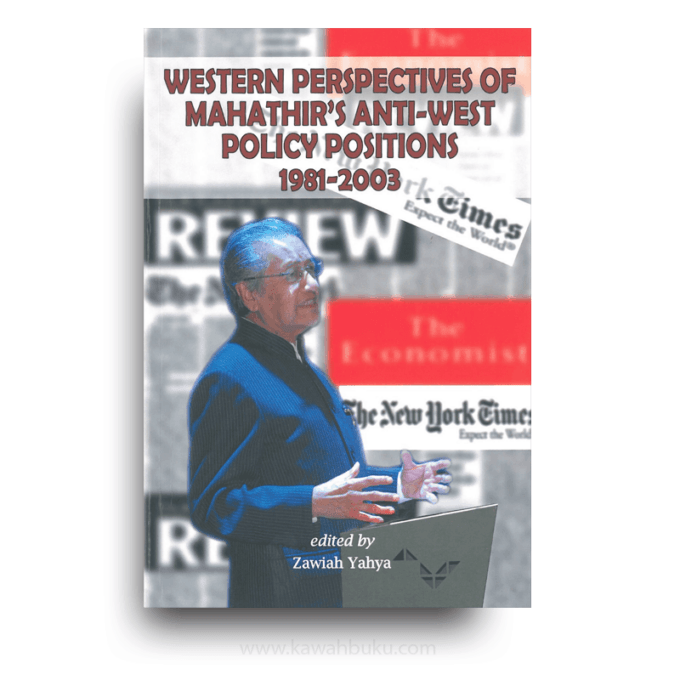

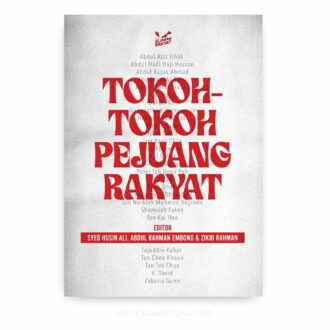
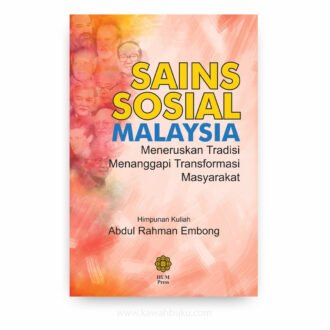
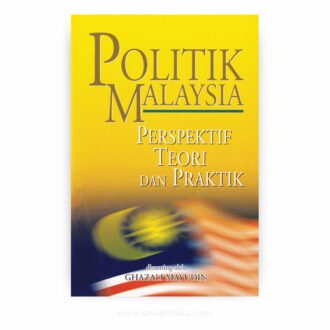
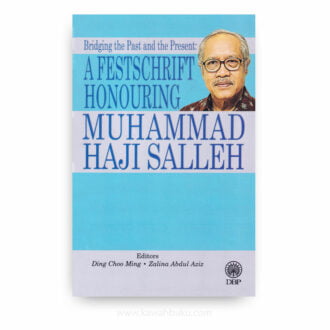
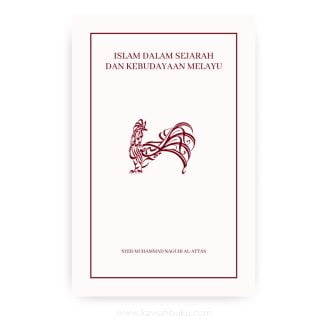
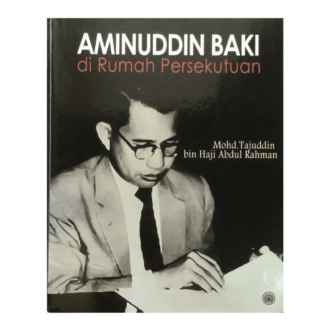

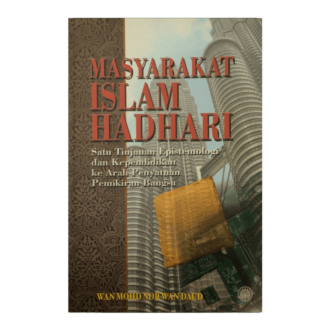



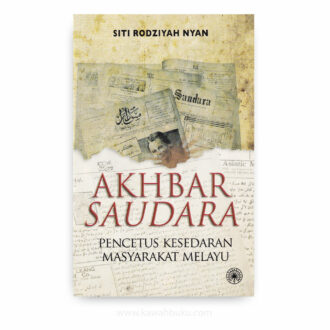
Reviews
There are no reviews yet